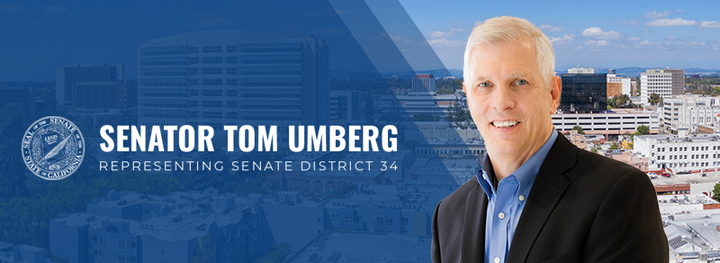
After exam fiasco, State Bar of California faces deeper financial crisis
The State Bar of California’s botched rollout of a new exam — a move that the cash-strapped agency made in the hopes of saving money — could ultimately end up costing it an additional $5.6 million. Leah T. Wilson, executive director of the State Bar, told state lawmakers at a Senate Judiciary hearing Tuesday that the agency expects to pay around $3 million to offer free exams to test takers, an additional $2 million to book in-person testing sites in July, and $620,000 to return the test to its traditional system of multiple-choice questions in July. Wilson, who announced last week she will step down when her term ends this summer, revealed the costs during a 90-minute hearing called by Sen. Thomas J. Umberg (D-Orange), chair of the Senate Judiciary Committee, to find out what went so “spectacularly wrong.”
“The question is, how did we come to this place?” Umberg said at the beginning of the hearing. “And how do we make sure we never ever come back to this place?”
Under questioning by Umberg, Wilson, the State Bar’s executive director, admitted “no lawyer assisted in the initial drafting.” She said she did not find out until after the exam that some questions were drafted by Chat GPT. Wilson also admitted that the State Bar did not copy edit test questions ahead of the exam. Asked when she learned that some multiple-choice questions had typos, Wilson said after the exam “when I saw it on Reddit.”
Then Umberg raised a new concern: the fairness of exam grading. The State Bar announced Monday that the pass rate for the February exam was 55.9%, the highest spring pass rate since 1965. Last February, the pass rate was significantly lower at 33.9%. “I don’t think anyone here has any interest in going back and revisiting this issue for those who pass the bar, but what it tells me is that there are issues with respect to grading,” Umberg said. “How do you account for this huge disparity between what happened in the February bar in terms of passage rate and what’s happened historically?” he asked. “So this deviation was because they were smarter,” said Umberg. “What would the passage rate have been if the score wasn’t lowered?”
Donna S. Hershkowitz, the State Bar’s chief of admissions, said the overall pass rate would have been 46.9% — still significantly higher than normal — if the minimum raw passing score had not been lowered.
“I’ll be curious as to what happens next year when we use the old format,” Umberg said. “In any event — again to assure those who pass — we’re not going to go back.”
For more, see: https://www.latimes.com/california/story/2025-05-07/after-botched-exams-california-state-bar-faces-deeper-financial-crisis